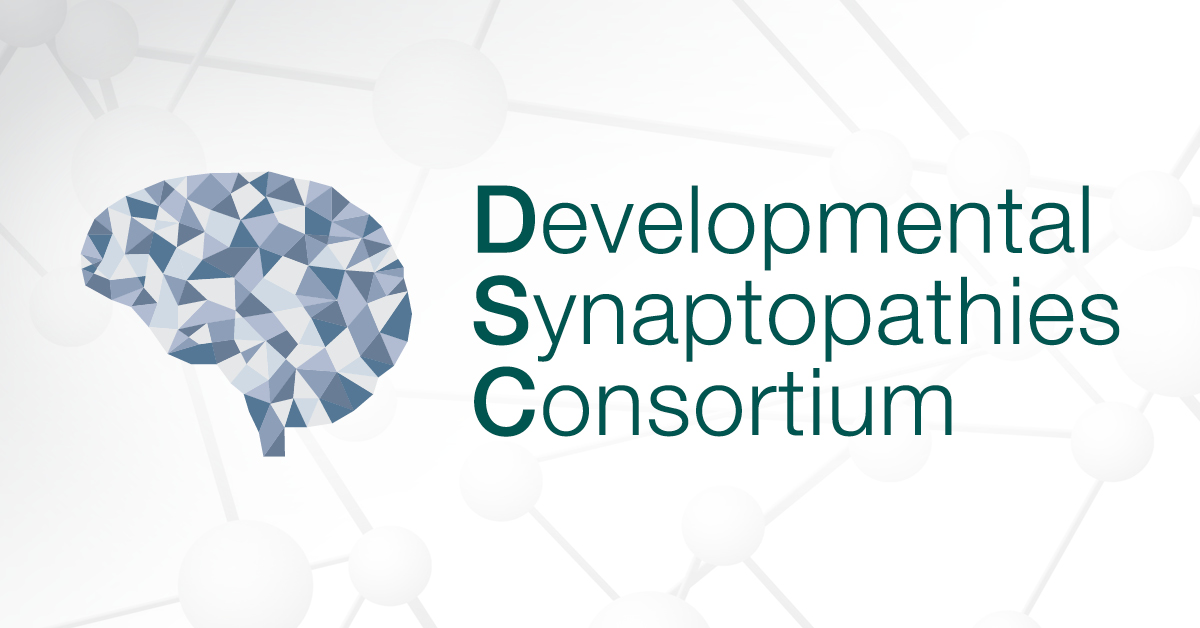The TS Alliance is a Partner in the Developmental Synaptopathies Consortium (DSC).
The Developmental Synaptopathies Consortium (DSC) aims to better define and understand the biology underlying autism spectrum disorder (ASD) and intellectual disability (ID). Because the causes of ASD and ID are diverse and numerous, the DSC focuses on comparing and contrasting three rare genetic disorders that each have a high prevalence of ASD and ID: Phelan-McDermid syndrome, PTEN hamartoma tumor syndrome, and tuberous sclerosis complex (TSC).
TSC causes non-malignant tumors to form in many different organs, primarily in the brain, heart, kidney, skin and lungs. The severity of TSC can range from mild skin abnormalities to, in severe cases, intellectual disability, renal failure, seizures, and autism. Many TSC manifestations also develop later in life. Most individuals who are mildly affected by TSC lead active and productive lives, but it is important to realize that TSC is a life-long companion and individuals should receive continuous follow-up care.
Due to better testing methods, estimates of TSC frequency have risen dramatically in recent years as individuals with less-severe manifestations of TSC are identified. Population-based studies place the prevalence to be 1 in 6,000 live births. It is estimated that approximately 50,000 Americans and 1 million individuals worldwide have TSC.
The Tuberous Sclerosis Alliance (TS Alliance) is the only national organization dedicated to finding a cure for TSC while improving the lives of those affected. The TS Alliance delivers programs and information to individuals and families affected by TSC, provides community and professional education, and advocates with federal and state governments. In addition, the TS Alliance stimulates and supports basic, translational, and clinical research.
As a partner in the DSC, the TS Alliance serves as a two-way communication conduit representing the needs and priorities of individuals impacted by TSC to the DSC and spreading awareness of research opportunities to the TSC community. The TS Alliance contributes more than $25,000 per year toward costs associated with imaging and image analysis, and provided funding to support the DSC launch meeting in Boston. Additionally, blood samples collected by the DSC for future biomarker studies are being stored and will be distributed to qualified researchers by the TS Alliance-funded TSC Biosample Repository. Collaborations such as this leverage the strengths and capabilities of basic scientists, clinical researchers, and patient advocacy groups in ways that would be impossible working as individuals.
Through the DSC, the TS Alliance gains the opportunity to exchange ideas and learn from other patient advocacy groups, while researchers specializing in different rare disorders are able to share ideas and insights into three distinct but related disorders. Furthermore, what is learned from studying the common biology underlying ASD and ID in these three genetic disorders may reveal insights into risk factors for ASD and ID in the general population.


